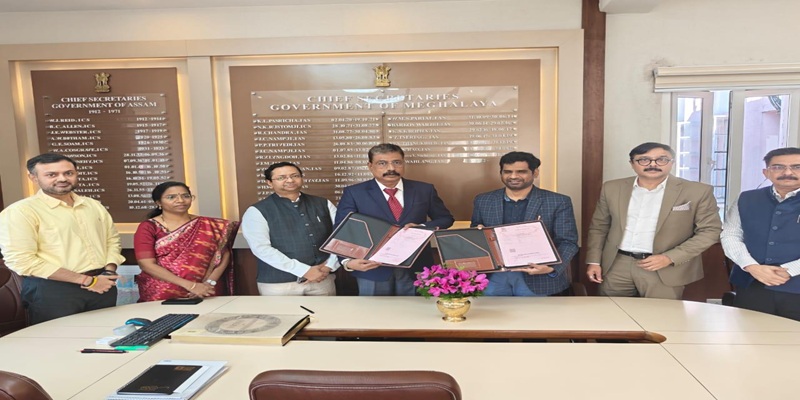Schedule a Call Back
Digital manufacturing enhances operational efficiency
 Interviews
Interviews- Oct 31,23

Related Stories

Ester Industries Reports 7% Growth in Revenue, Focuses on Sustainability & Expansion
With growing demand for Polyester Film, IP protection for certain marquee products in Specialty Polymers segment, and focus on products promoting recycling and sustainability, we are confident to co..
Read more
Texmaco Wins Rs 150.6 Mn Contract for Ballastless Track Systems in Delhi Metro
The ballastless track system is a key component of modern metro infrastructure globally, offering enhanced stability, reduced maintenance, and superior performance under high-frequency operations.
Read more
igus Unveils Low-Profile Cable Guide System: No Chain, More Efficiency
igus introduces a new low-profile cable guide system, eliminating the need for traditional energy chains. Ideal for space-constrained and cost-sensitive applications, it ensures safe, efficient cabl..
Read more













